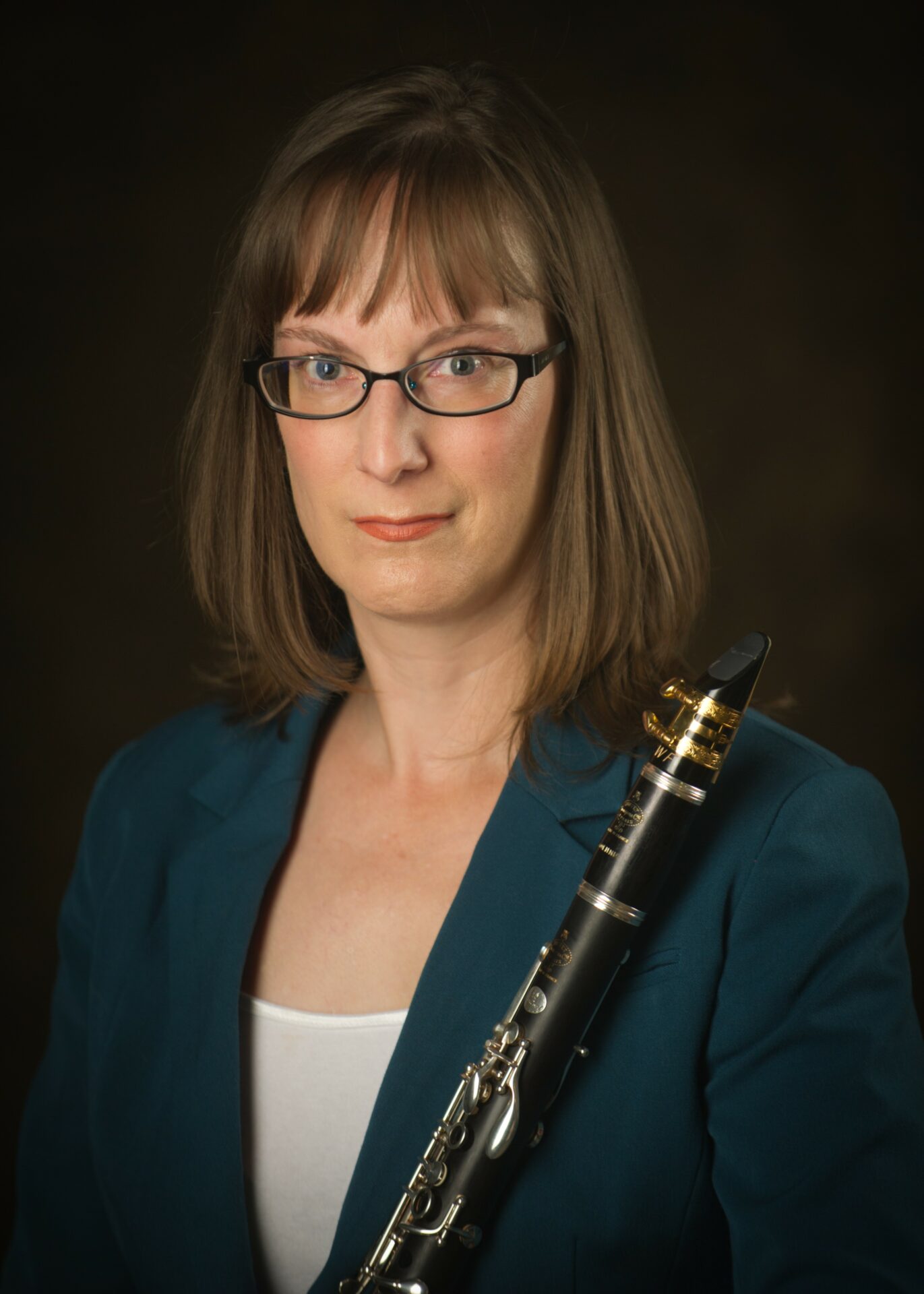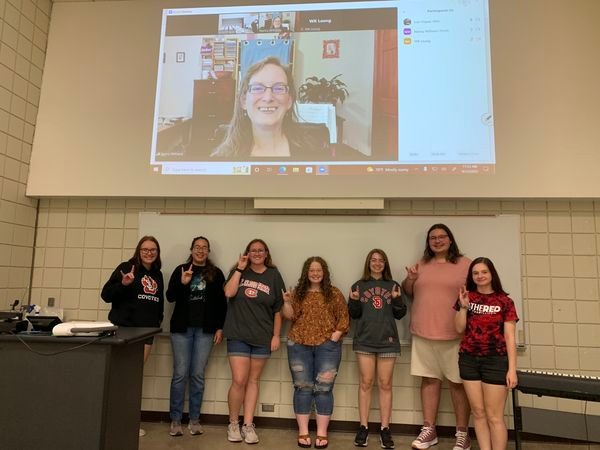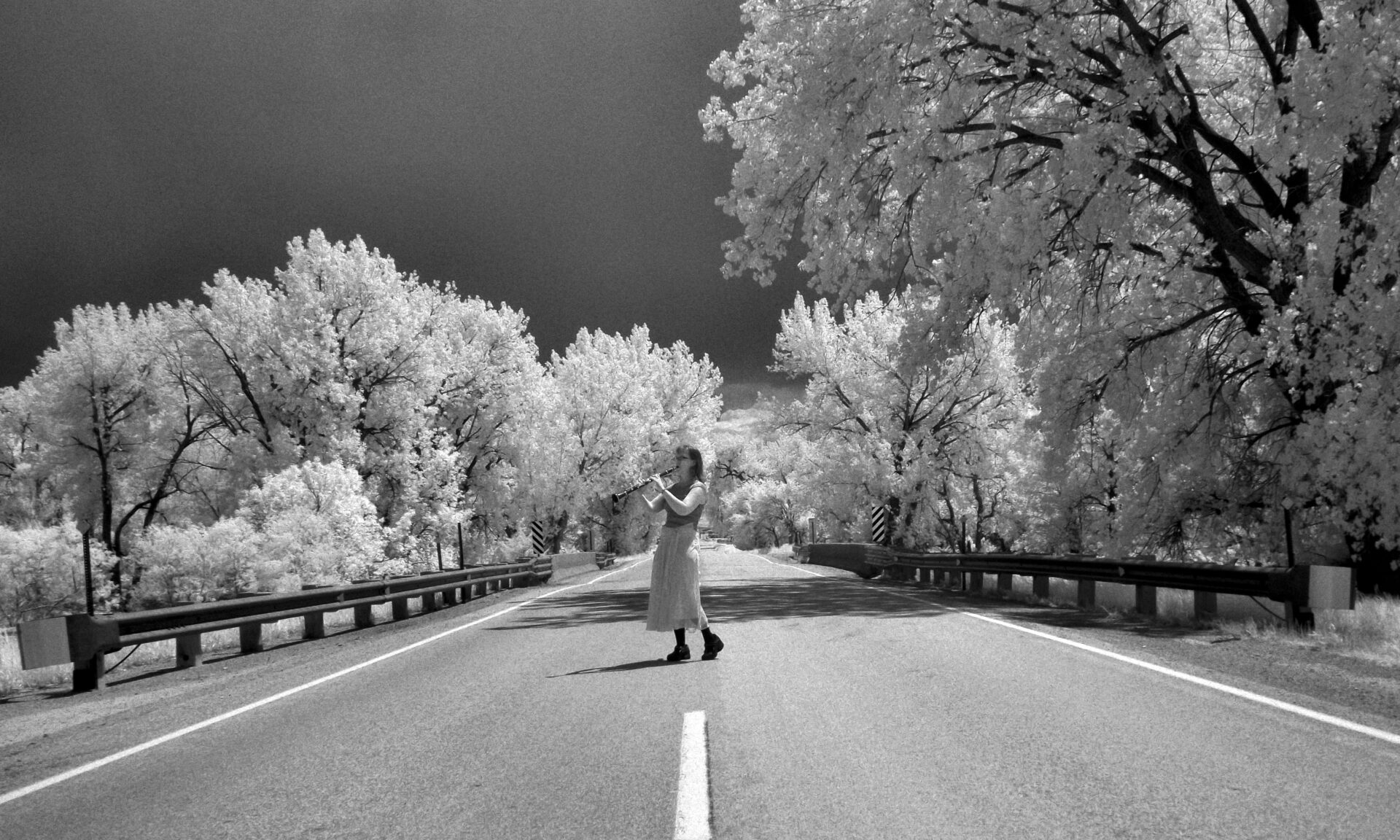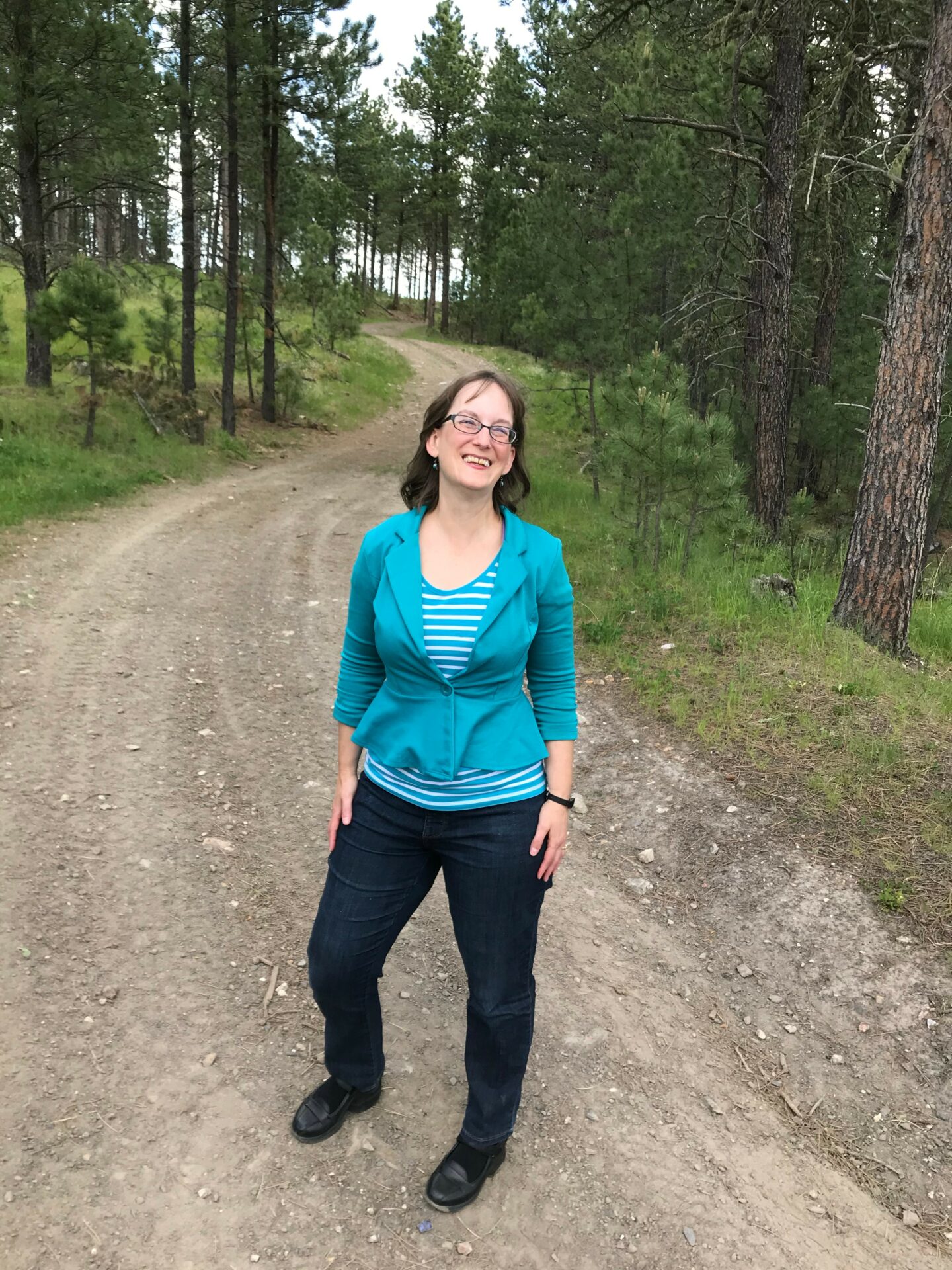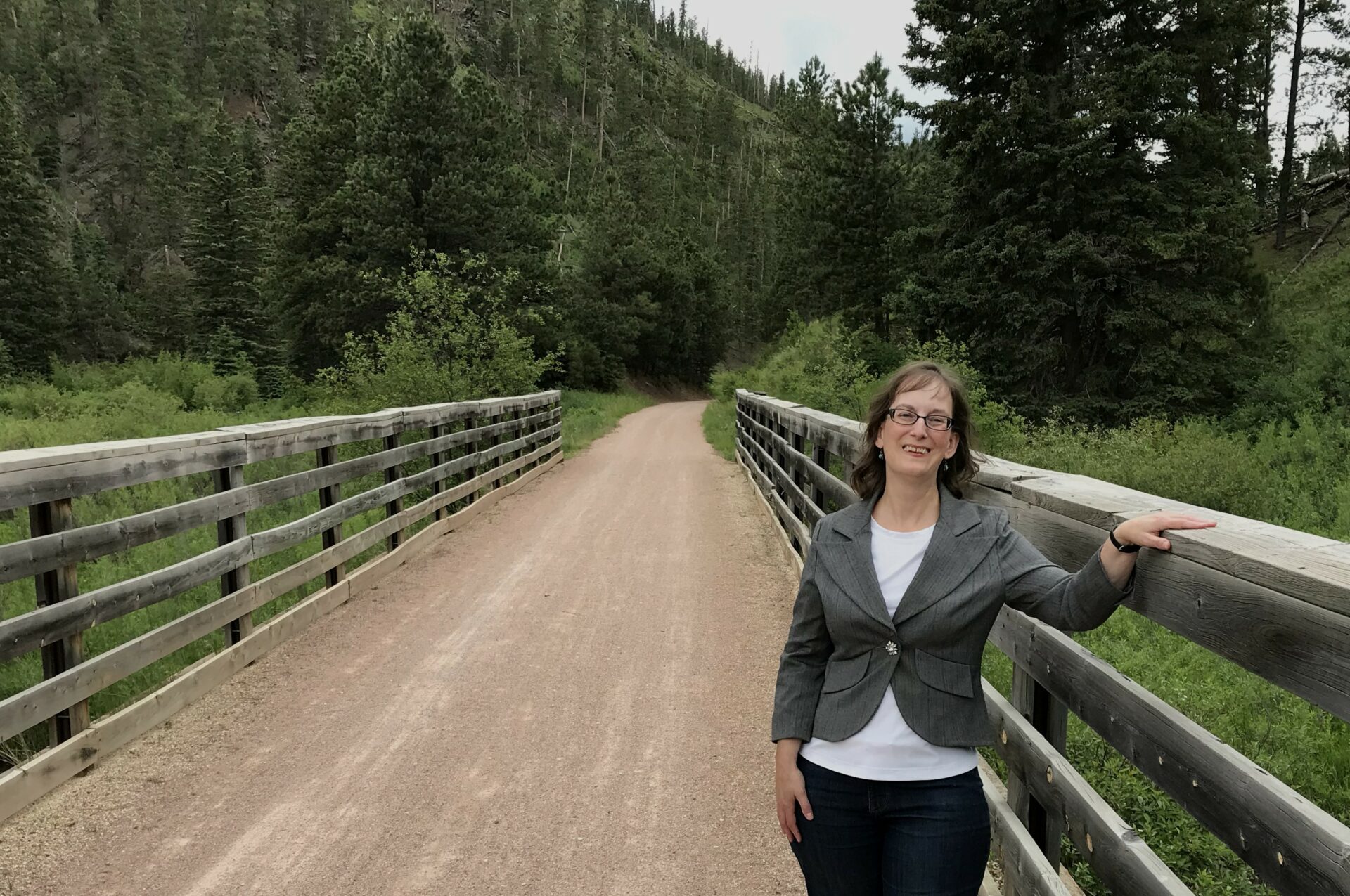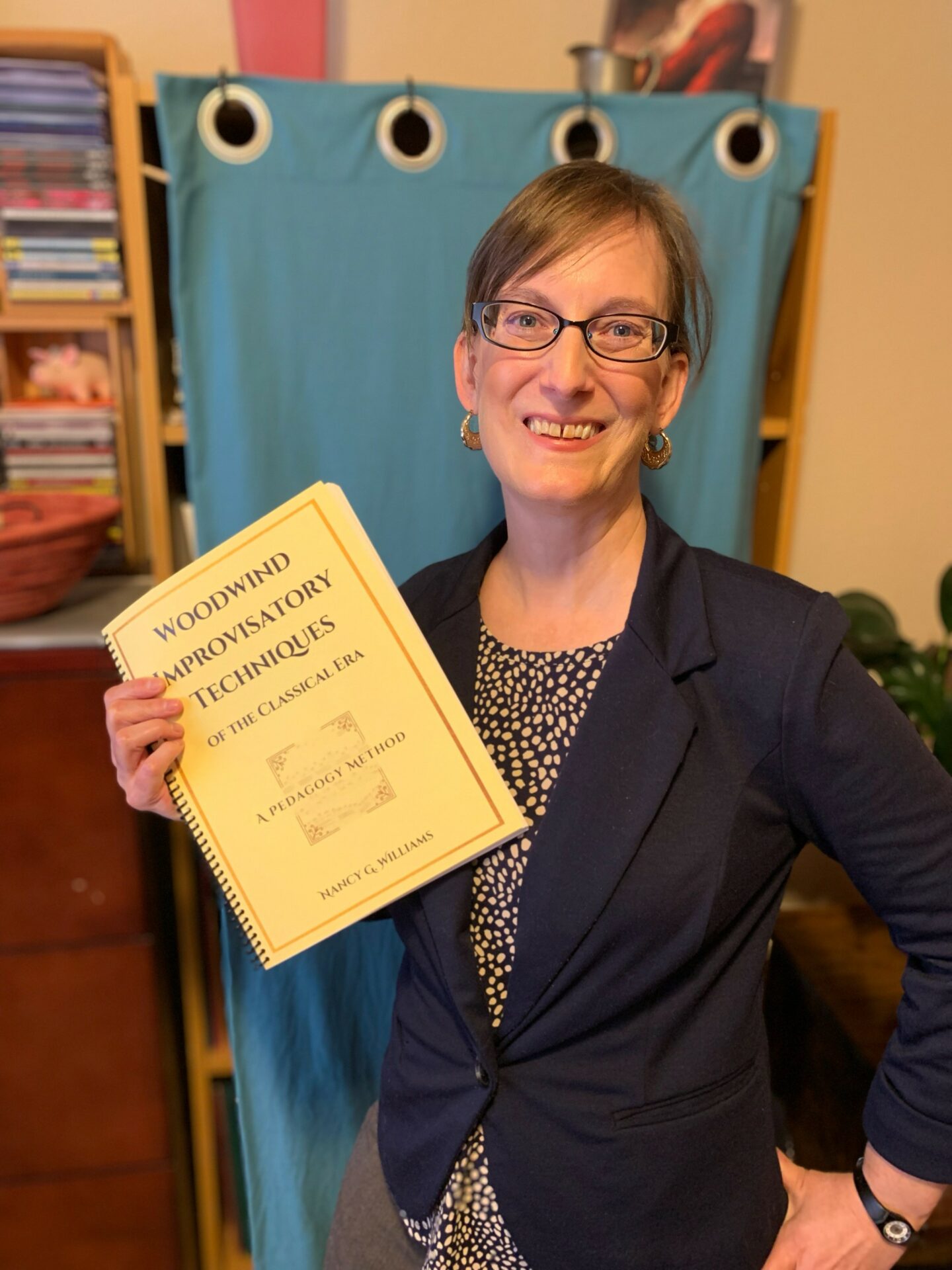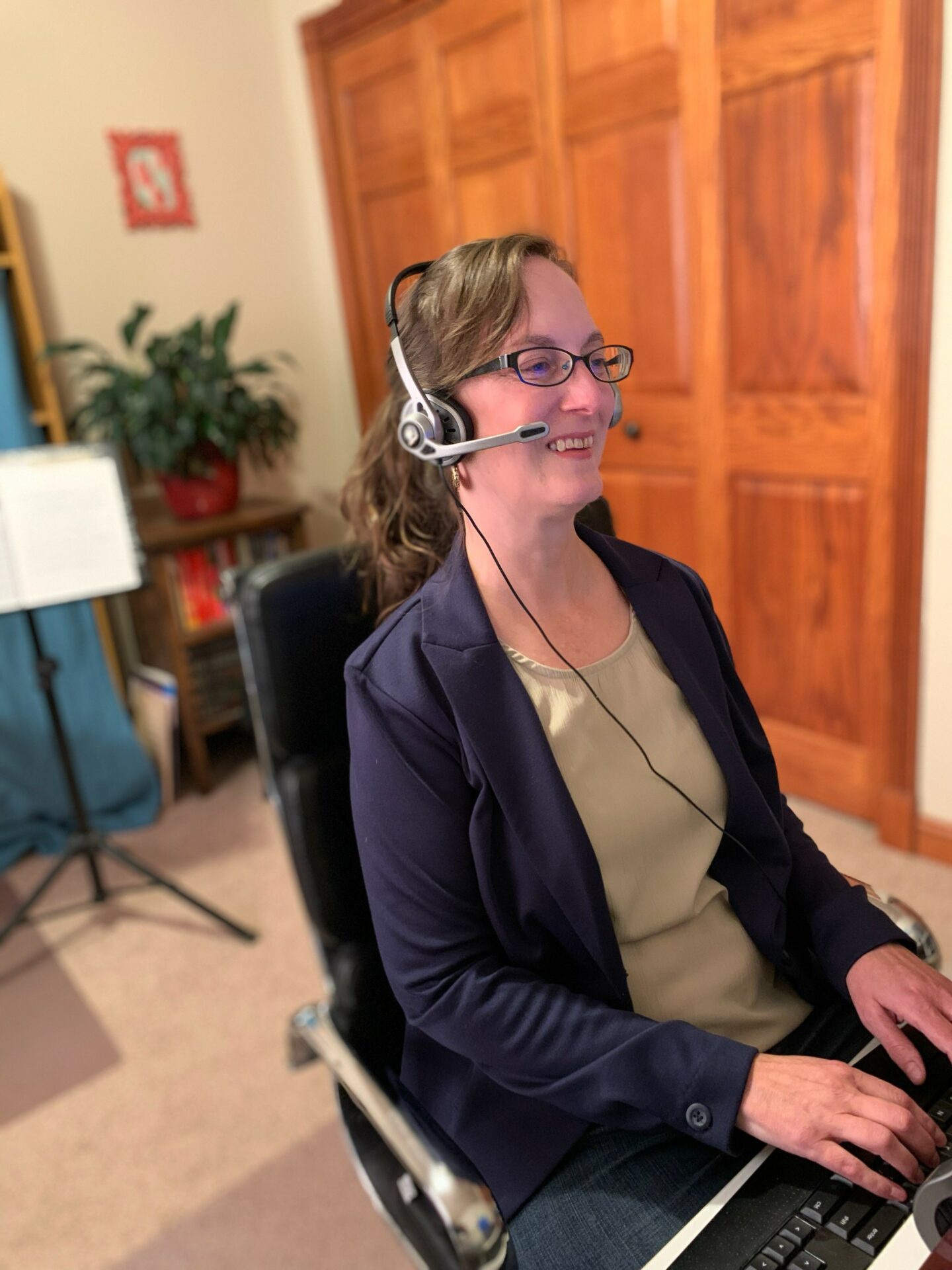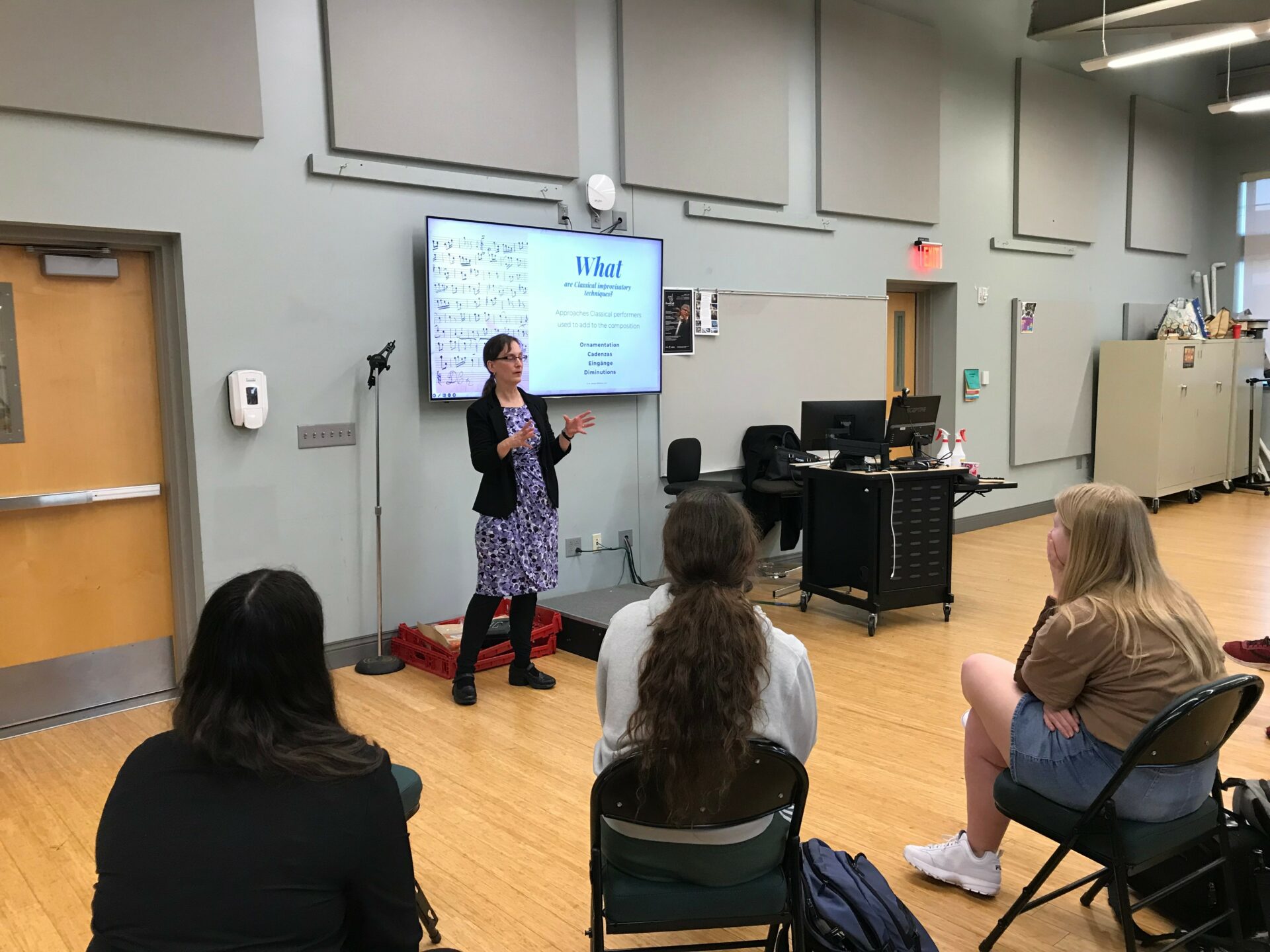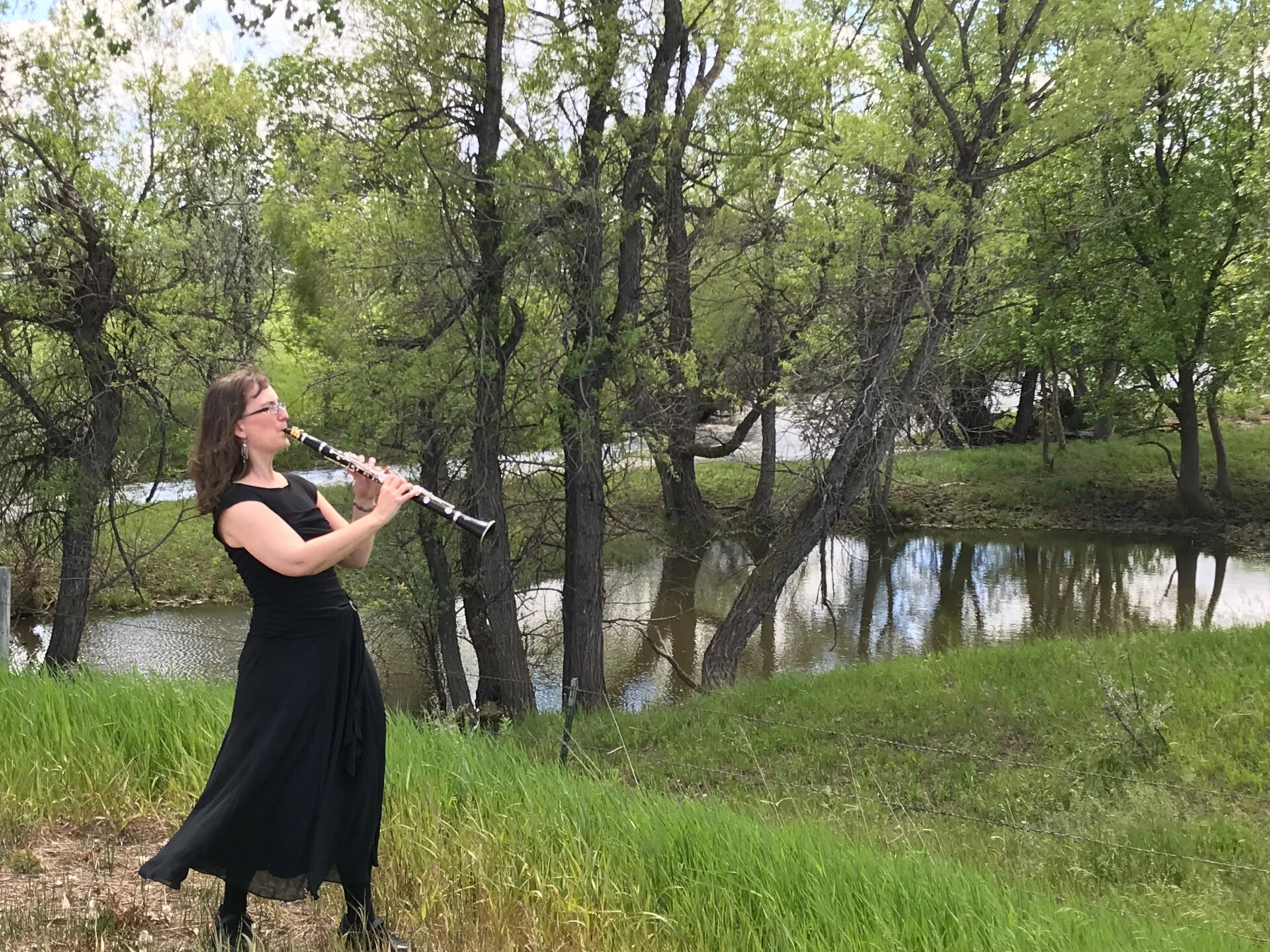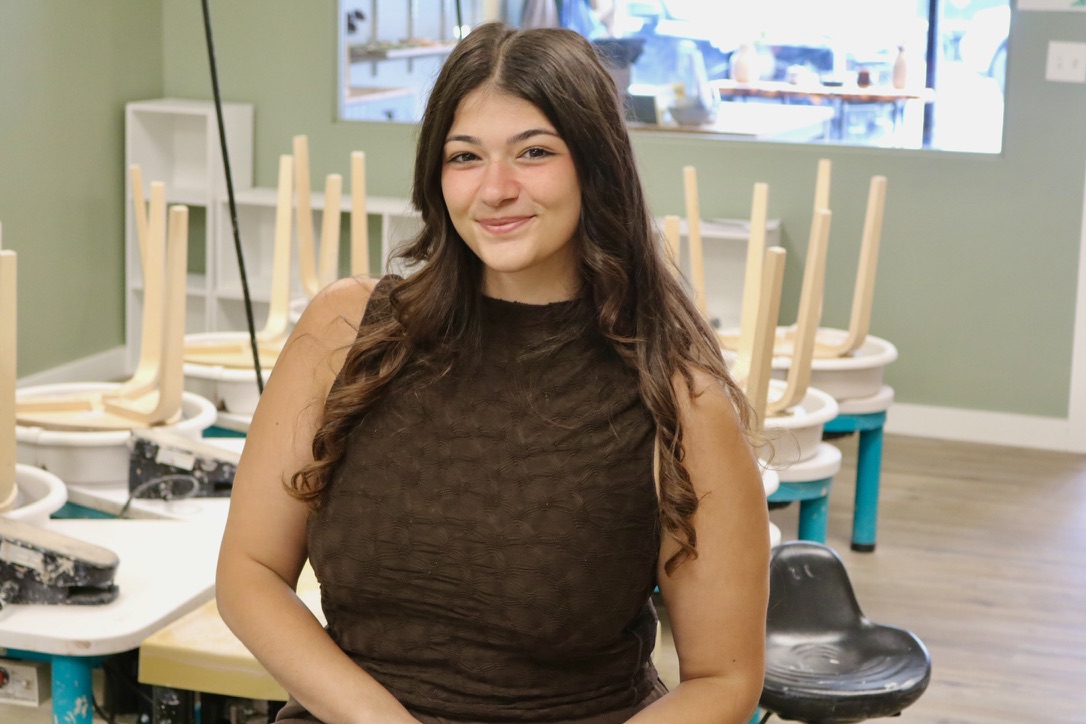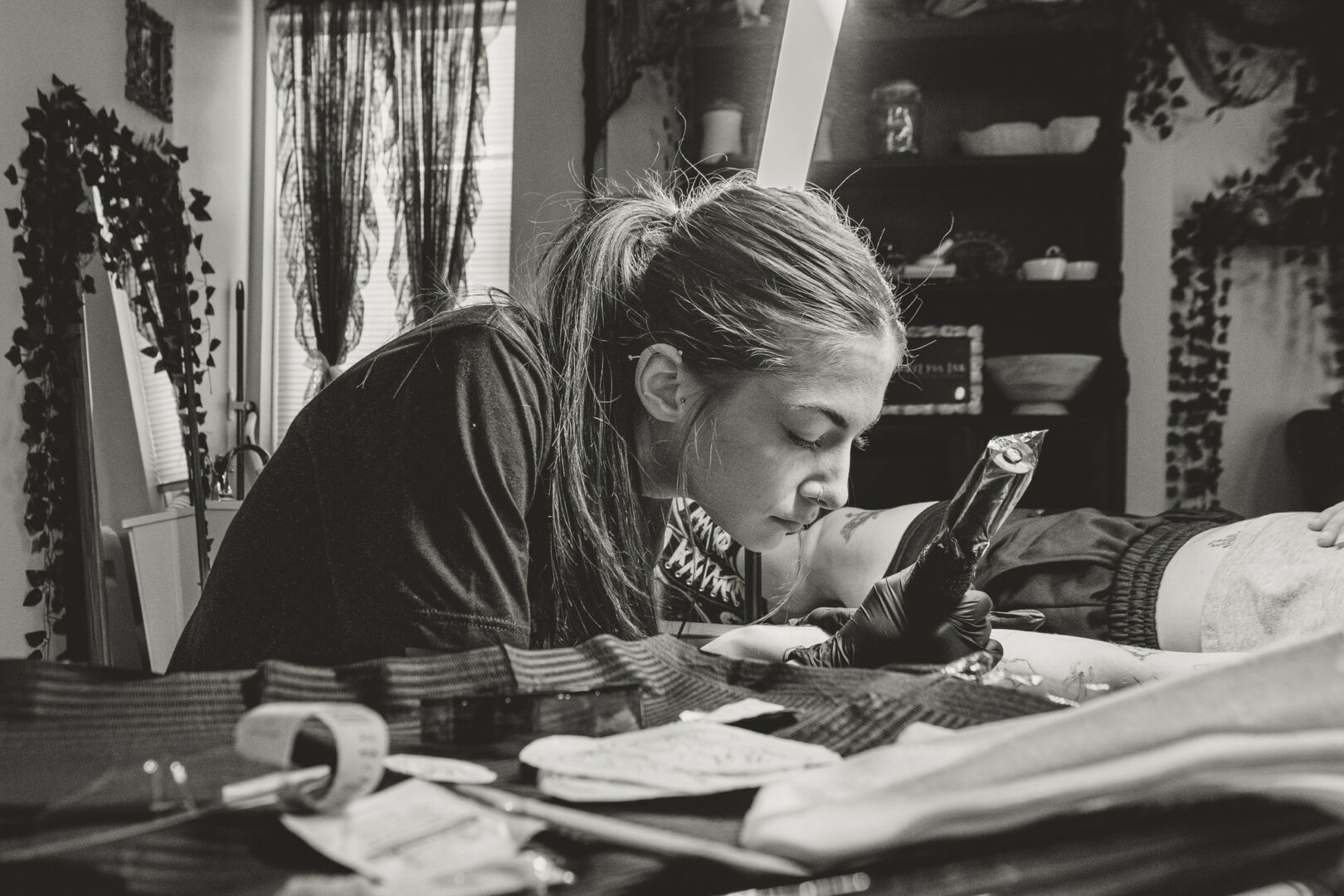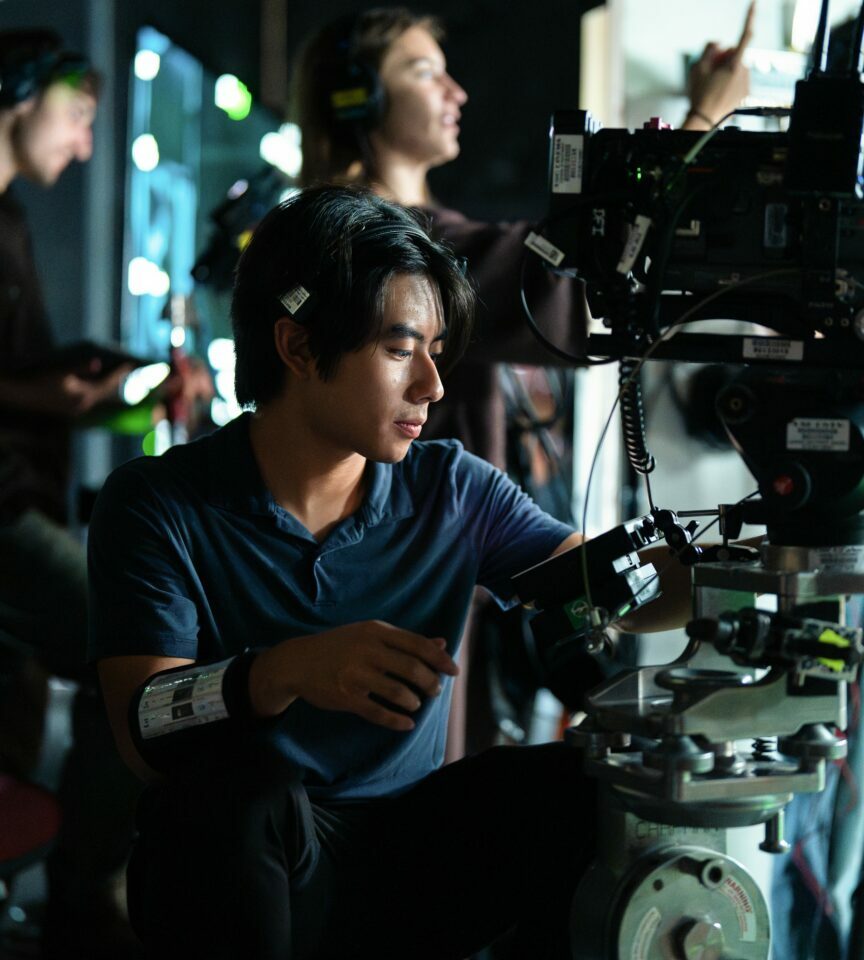Alright – so today we’ve got the honor of introducing you to Nancy Williams. We think you’ll enjoy our conversation, we’ve shared it below.
Nancy, so good to have you with us today. We’ve got so much planned, so let’s jump right into it. We live in such a diverse world, and in many ways the world is getting better and more understanding but it’s far from perfect. There are so many times where folks find themselves in rooms or situations where they are the only ones that look like them – that might mean being the only woman of color in the room or the only person who grew up in a certain environment etc. Can you talk to us about how you’ve managed to thrive even in situations where you were the only one in the room?
Although I’ve often been the only woman instrumentalist when I perform in jazz ensembles, I find myself more and more surrounded by men the more successful I’ve become as a musician and educator. Originally, this didn’t bother me at all, but when you start to become aware of patriarchal influences, it’s hard to ignore sexism in the music industry. And then it’s challenging not to take it personally. My best advise is to make it about the job. Do the job. If someone does or says something that makes it harder for you to do the job, call them out on it. By keeping the focus on your ability to do your work, that helps to diffuse any personal inference. Additionally, get support. Have someone to talk to when you feel alone or slighted at work or when your gut tells you something is wrong.
Great, so let’s take a few minutes and cover your story. What should folks know about you and what you do?
I went into music education to inspire the awareness and empowerment music had given me. Music gave me a voice as well as opportunities for personal and professional growth, but when chronic pain developed and I had to step back from my career, I had trouble defining myself outside of music. Fifteen years later, I was finally diagnosed with a spinal issue that surgery was able to correct. That was a lot of inbetween time to reflect and reinvent myself. I had to define what success meant to me as well as happiness. Learning to be in love with my life even though it wasn’t perfect, what I’d hoped it would be, or how it was compared to others meant that I could overcome insecurities, low self-esteem, and imposter syndrome and eventually help other musicians do the same.
During the pandemic, my pedagogy method book on woodwind improvisation in the Classical era was published, and I became inspired by the women composers for clarinet that history had forgotten. I’m currently lecturing on my book topic as well as performing women’s music by performing and giving workshops to the next generation of women composers. My live album celebrating women through music will be coming out later this year.
If you had to pick three qualities that are most important to develop, which three would you say matter most?
I consider my three superpowers to be intuition, awareness, and empathy. My overall goals in life are to be happy and wise. Most decisions I’ve made have been based on a gut feeling or intuition. When you’re doing what brings you joy, it attracts all the right kinds of things into your world. Empathy has been the cornerstone of my career: being able to see the world through someone else’s perspective is an important part of every musician, educator, and author’s mindset.
If you are just starting out or early in your journey, focus on what brings you joy, be curious, and listen to that voice inside. You’re the only one who knows what you need to be happy and successful!
Thanks so much for sharing all these insights with us today. Before we go, is there a book that’s played in important role in your development?
I somehow got ahold of Leo Buscaglia’s “Living, Loving, and Learning” book when I was in high school. I came from a family that didn’t regard self-improvement books highly. We also were really awful communicators. Moreover, I was raised in a conservative religion. Combined with my personality, that created an internal dialogue with a lot of guilt and shame.
Buscaglia’s book showed me an entirely different way of engaging the world, and it forever changed my perspective. He embraced failures as part of life’s journey. His openness regarding communicating, particularly about emotions, and giving without expecting anything in return was completely opposite of my own upbringing.
Here’s a quote from the book that applies very much to our post-pandemic world: “We’ve got to learn to trust again, to believe again. Of course it’s a risk, but everything is a risk. We need to begin to go beyond just “being” again. We’ve got to get in touch with being human and there’s a difference.”
Contact Info:
- Website: https://drnancywilliams.com
- Instagram: @dr.nancywilliams
- Facebook: @dr.nancywilliams
- Other: Sign up for https://drnancywilliams.com/newsletter is a free weekly, inspirational email sent directly to your inbox!
